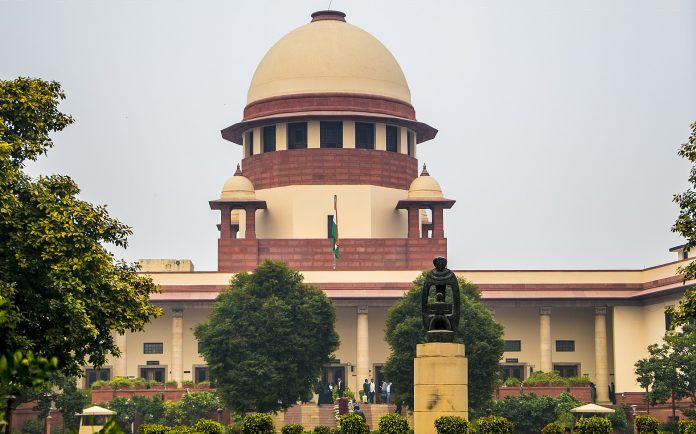New Delhi: The Supreme Court of India has affirmed that a gift, or hiba, under Islamic Law is valid even without a written document, provided three essential conditions are satisfied. These include a clear intention by the donor to give, acceptance by the recipient, and delivery of possession, which can be actual or constructive.
The court clarified that written records only serve as proof of the gift and do not determine its legality. Constructive possession may be demonstrated through actions such as applying for mutation of the property in the donee’s name or exercising control over the asset.
Judges emphasized that courts will examine “contemporaneous” and “continuous” evidence of possession by the donee. Examples include collecting income from the property or being recognized as the lawful occupant. Absence of such evidence may render the gift invalid, even if documented in writing.
The ruling arose from a dispute over agricultural land in Kusnoor village, Gulbarga district, Karnataka, where the gift was reportedly made orally. The Supreme Court assessed whether acceptance and possession had been effectively established and confirmed that written documentation is not mandatory for a valid hiba under Islamic Law.
Legal experts highlight that this judgment underscores the flexibility of Islamic Law regarding property transfers and stresses the importance of proving intent and possession. It also provides clarity for intergenerational property transfers without formal instruments, ensuring oral gifts remain recognized under Indian personal law.




